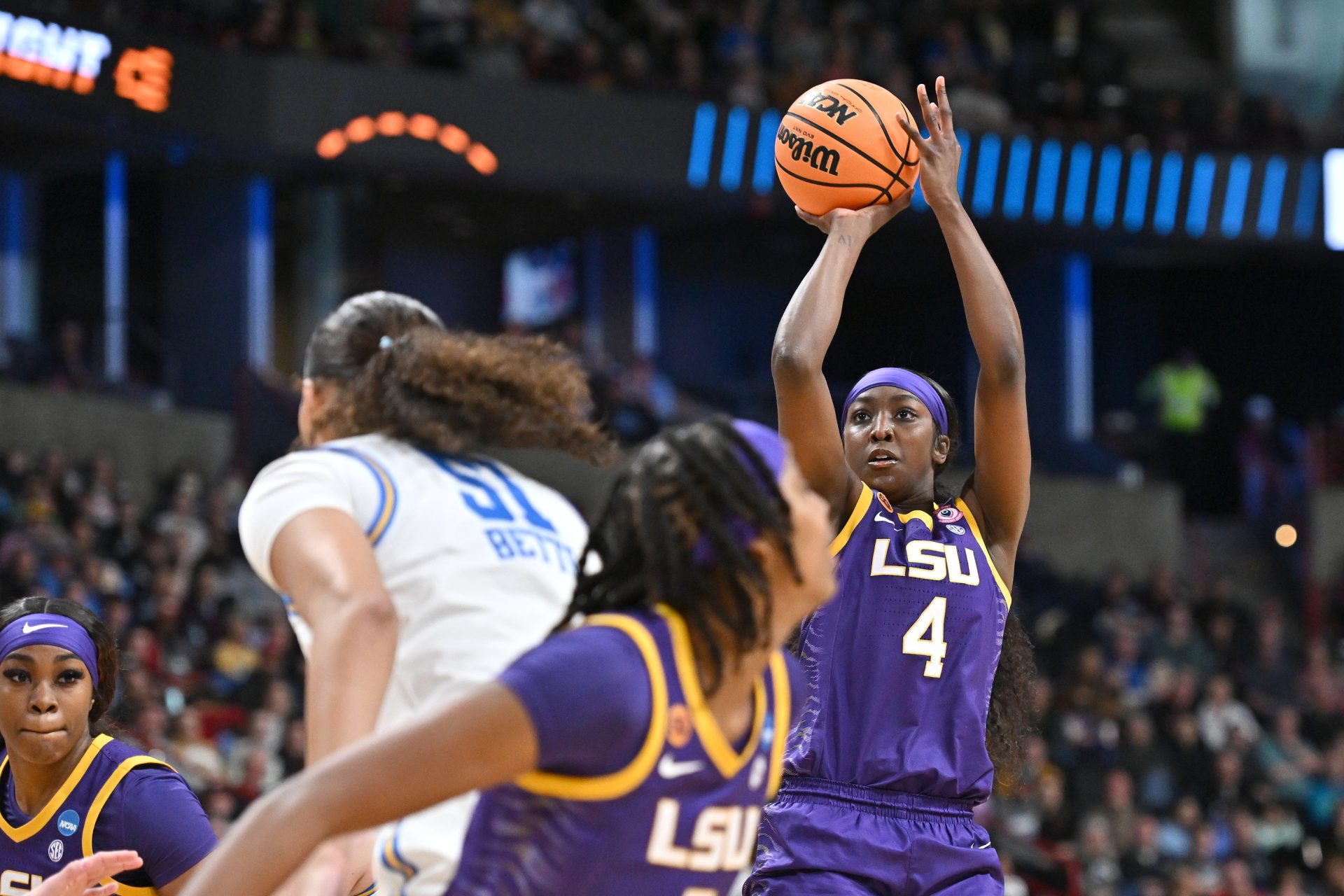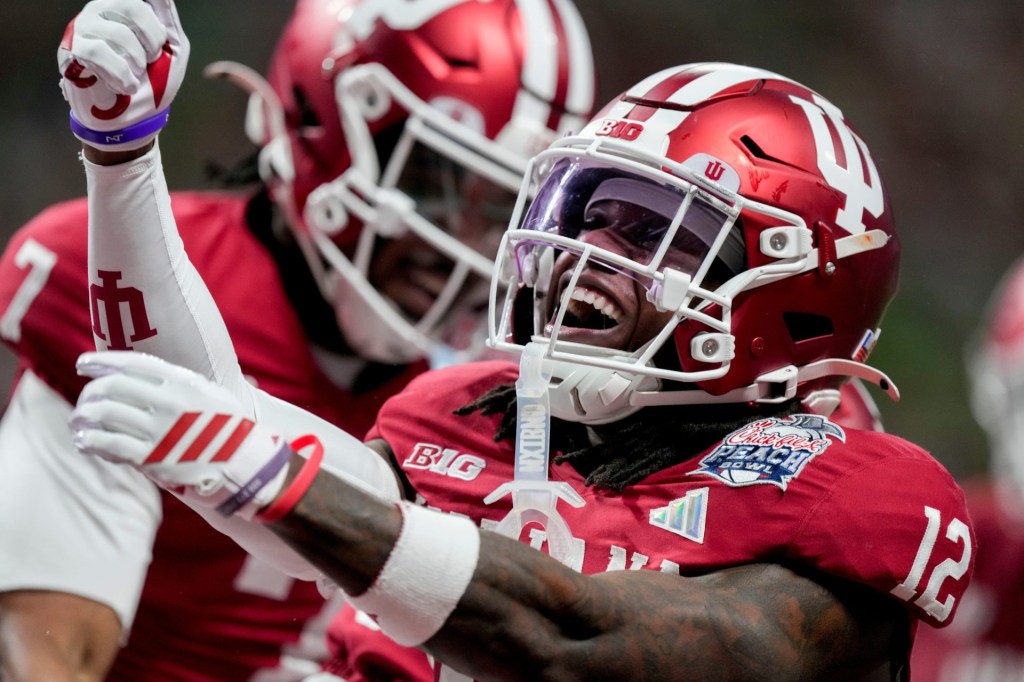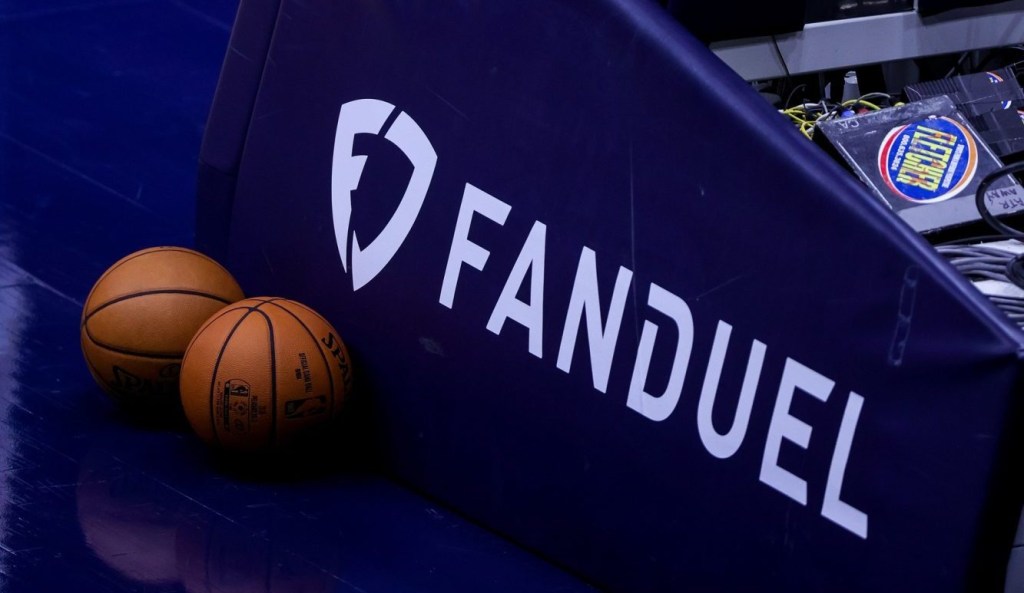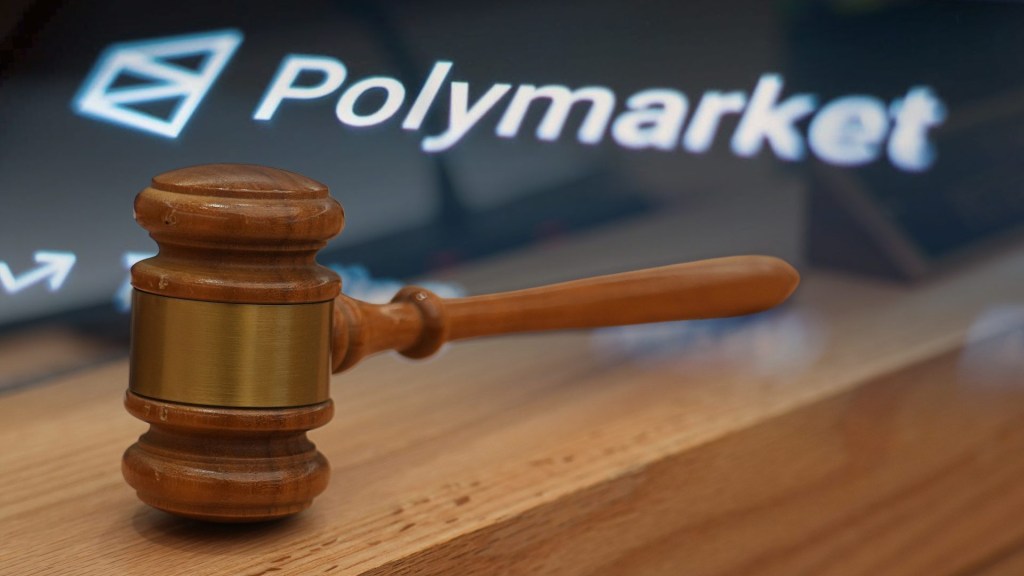Louisiana is once again looking for ways to keep its college sports teams competitive.
The state is set to raise taxes on sports betting to inject more than $24 million into the athletic departments of the state’s biggest public universities, including LSU.
The bill is currently on the desk of Gov. Jeff Landry and would make the Bayou State the first to raise taxes for college sports since the House v. NCAA settlement was approved on June 6, which allows schools to revenue share with their athletes.
The initial proposal sought to double the state’s 15% tax on online betting profits, before settling on a 21.5% tax. A quarter of the tax revenue, estimated to bring in $24.3 million, would be split evenly among the state’s 11 public universities that play in Division I football conferences. The money won’t be used for direct NIL payments. Instead, it must be used for “for the benefit of student athletes,” which includes scholarships, facility enhancements, and insurance, among other uses. The money could help free up other resources within the athletic department as schools adjust their books for revenue sharing.
“We love football in Louisiana–that’s the easiest way to say it,” Neil Riser, a Republican state representative who sponsored the bill, told the Associated Press.
It’s not the first time the state has looked for ways to financially support its athletes. In December, Luz Murrill, the state’s attorney general and LSU graduate, launched an anti-vaping campaign for youth that paid athletes at her alma mater and other state schools, which marked the first state-funded NIL deal in Louisiana. Murrill used public funds from a settlement with Juul Labs, an electronic cigarette manufacturer, to pay the athletes.
Other states are also looking for ways to help its schools in the post-House era. Earlier this year, Arkansas became the first state to waive income taxes on NIL payments, and Georgia, Alabama, and Louisiana are all pushing to do the same.
Louisiana would be the second state to dedicate part of its sports betting income to college sports. In 2024, North Carolina legalized online sports gambling with a law that gives part of the 18% tax on gaming revenue to athletic departments at 13 of the state’s public universities. The state’s two biggest schools– the University of North Carolina and North Carolina State–were excluded from that bill. But multiple budget plans have passed in North Carolina’s House and Senate to include those schools in the tax, while the Senate budget proposes doubling it to 36% to further boost athletic departments. Last year an audit of UNC’s athletic department estimated it will be roughly $100 million in debt for the years following the House settlement.

















